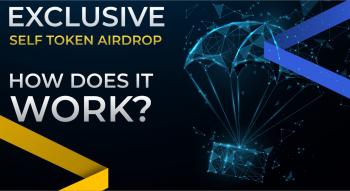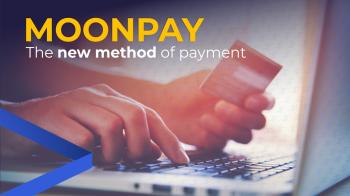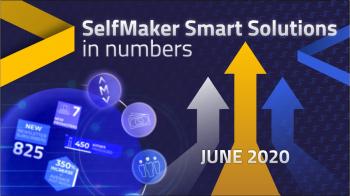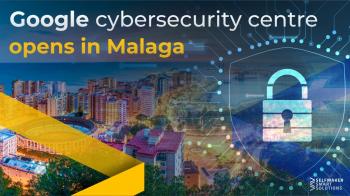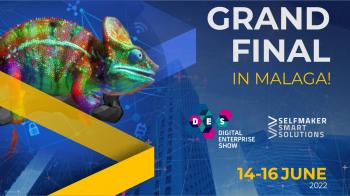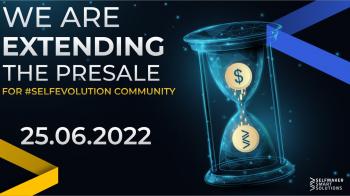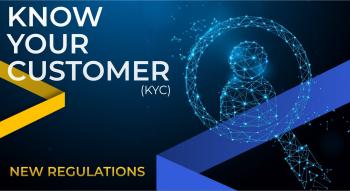BLOCKCHAIN - your bank, accountant and private stockbroker
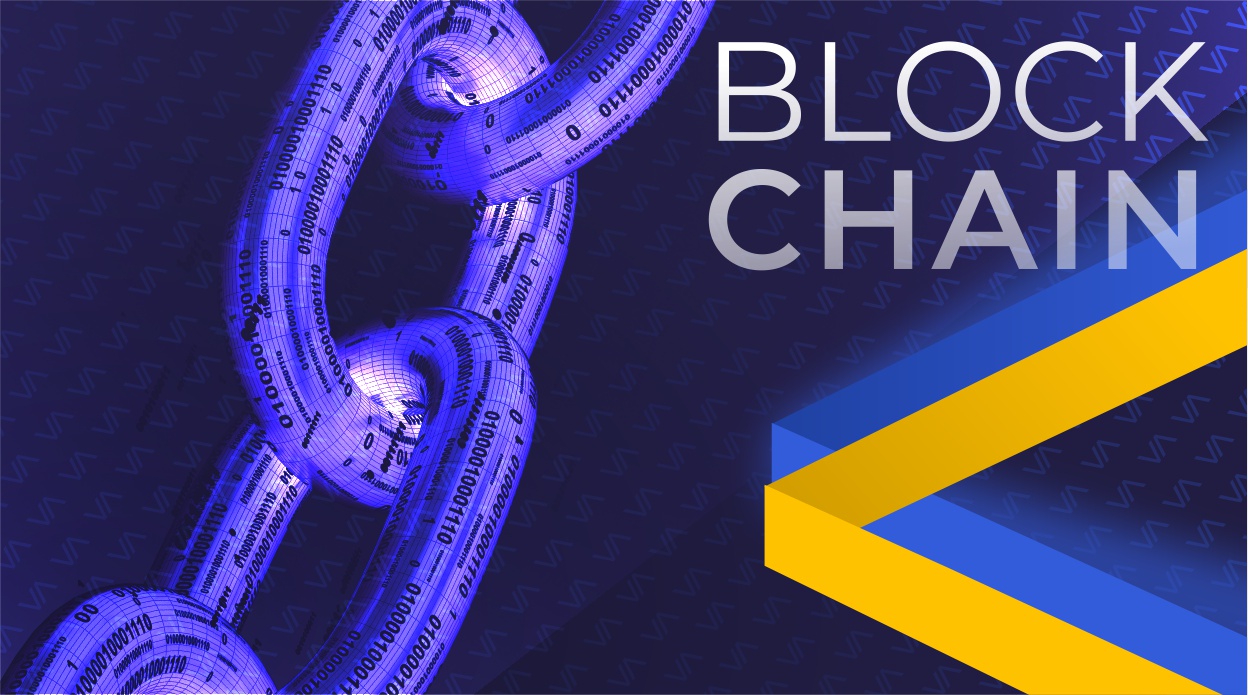
June 19, 2020 | #selfevolution academy
Blockchain - this mysteriously sounding, English word is more and more often invading the Polish language, especially when we enter the sphere related to finance, insurance, banking. Some time ago completely unknown, nowadays it is gaining more and more popularity each day. At the same time, it arouses admiration, surprise and controversy. What is "blockchain"? Why using it is the foundation for the development of certain economic sectors? We invite you to read about it in the next paragraphs!
What is "blockchain"?
Do you know Satoshi Nakamoto? No? Not surprising, nobody knows him, nobody has seen him, nobody knows who he is. All we know is that he is the anonymous creator of Bitcoin, a person (or group of people) hiding under this interesting sounding pseudonym. And Bitcoin is the first ever cryptocurrency, digital money. How is this related to this articule? Well, blockchain, is the technology on which Bitcoin is based, like the vast majority of all cryptocurrencies. It is a kind of digital database in the form of an encrypted accounting book used to record financial transactions or other information requiring a high degree of security. This database, together with the whole history from the very beginning, is public, accessible to all but anonymous, fully secured and impossible to modify.
Some information about the secrets of blockchain technology
Transactions or data on a blockchain are saved in so-called blocks. Each block has its own specific capacity, and after that capacity, the next block is attached to the chain. There would be nothing unusual about it if it wasn't for the fact that the new block in the chain contains encrypted information about the status of the previous block, and all the other blocks that were before. It still isn't impressive, so let's get to the point, which makes this technology unique. This entire database is not saved on any main server. Instead, its exact copy is in the possession of hundreds of thousands of connected users, who thus create a so-called distributed, otherwise decentralized network. All information and transactions flow between the parties without any intermediaries. So what makes this network so secure if no one controls it from above? The consensus mechanism! As already mentioned, each computer which is a so-called network node has its own, constantly updated blockchain copy. When an attempt is made to manipulate the information contained in the book's records, there will be discrepancies, as the information on the state of the chain contained in the manipulated copy will contain completely different data from those contained in all other copies scattered around the world. Thus, the computers building the network are at the same time the "judges" verifying the conformity of information in the database.
This technology was developed to create a safe, fast, publicly available currency that is independent of any authorities – Bitcoin. However, using the blockchain only in the sphere related to the cryptocurrencies is a slight undervalue of the possibilities offered by this innovative and exciting technology. Its functionality goes far beyond the applications for which it was originally intended.
Where else can we use decentralized registers?
When it comes to data storage, the use of blockchain is one of the safest methods available to the public and the information contained therein is unchanged, authentic and definitive. No wonder that the possibilities of its application are growing rapidly, and more and more companies are looking for opportunities to implement this technology for their own needs. The creation of Ethereum contributed strongly to this. It is the first platform for the creation of so-called smart contracts, i.e. intelligent agreements between users, which automatically, based on their own chain, "take care" of the correctness of all processes and fulfillment of concluded obligations, This pioneering solution has multiplied the possibilities of using blockchain in an almost unlimited way.
In addition to its basic financial application, i.e. fast and cheap international peer-to-peer (and interbank) payments, and stock market transactions without intermediaries, the technology of distributed registers can be used:
- to create a 100% tamper-proof electoral system, counting votes automatically;
- to store in decentralised digital databases copies of identity documents, proofs of ownership or authorship, virtual signatures, land and mortgage registers, tax documents, registers, any important files (including court case files). All this is completely safe, verified and impossible to forge;
- to create an automated book for simple billing of energy balances transmitted directly from prosumers (e.g. owners of small home solar power plants) to other consumers, or of surplus energy transmitted to the grid; Interestingly, it is one of the most frequently repeated, future applications of blockchain;
- to support the operation of the Internet of things (loT) (link to the article). With blockchain, the data of individual devices can be stored and transmitted more efficiently;
- to track goods and supplies. Every luxurious good (work of art, jewellery, watch), good or batch of goods can leave its unique trace in the blockchain registers, which will enable its tracking, evaluation of its condition, and make theft more difficult;
- in gaming and gambling. To create more anonymous, more efficient casinos, especially online. To spend your own currencies used in games;
- to many other interesting solutions;
Does decentralisation have a future?
As already mentioned, the claim that blockchain is just a cryptocurrency is hurtful. The technology is multi-sectoral and can be used literally everywhere, after all, security and transparency are universal values. This is noticed by more and more corporations and even smaller companies that are willing to take advantage of the benefits of dispersed registers in the future. At the moment, there is still a lack of mass awareness of the advantages of blockchain technology and there are still many false stereotypes around it (mainly related to the not entirely favourable opinion about cryptocurrencies). But everything is slowly moving in the right direction. It may soon turn out that the provision of blockchain-based services will have a fundamental impact on competitiveness in the given sector. At this point, however, it is worthwhile to deepen one's knowledge about this issue, to build awareness in order to be up to date when the future comes.

